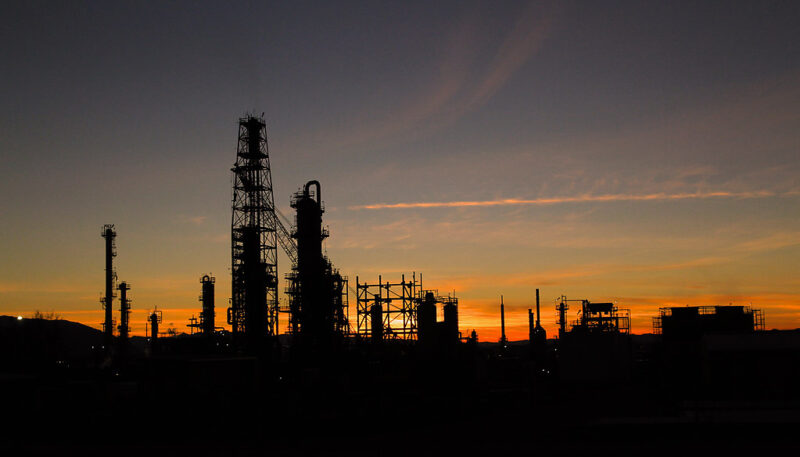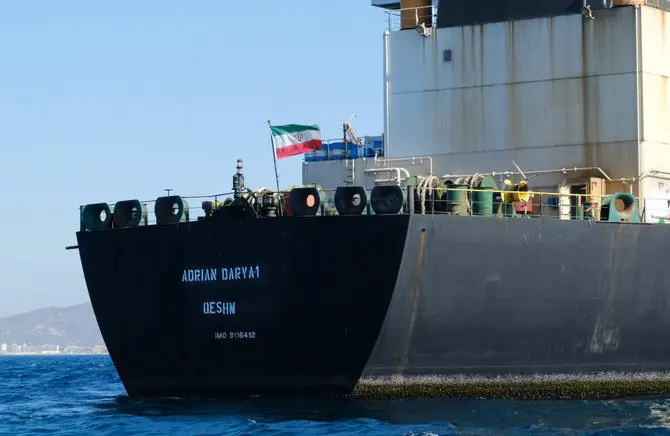
theowp.org — The economic crisis in Lebanon has made fuel a scarce commodity, leading to blackouts across the country as the population adjusts to life without electricity. This economic crisis erupted in 2019 as the result of corruption, mismanagement, and sustained policy inaction. According to the World Bank, the crisis has become one of the three most severe economic catastrophes since 1850, with Lebanon’s currency sinking 90%. The lack of power also has had unprecedented implications for human security. Imported fuel reserves have dried up, paralyzing life in Lebanon. To power the country, “Lebanon needs around 3600 megawatts,” said Diana Kaissy, a board member of the Lebanese Oil and Gas Initiative and energy governance expert. “We are currently producing 700 megawatts,” she said – less than 50% the necessary amount. With this output, state electrical company Electricité du Liban is only able to produce approximately two hours’ worth of energy per day, with electricity being totally shut off in some parts of the country. Privately run diesel generators are left to cover the remaining 22 hours.
The energy shortage has had devastating consequences for the healthcare sector. Suleiman Haroun, head of the private hospitals union, said, “Hospitals are going day by day, very few have enough [power] for 2 or 3 days.” The American University of Beirut Medical Center added that it was “facing imminent disaster due to the threat of a forced shutdown” starting on Monday morning. And if shutdowns become a reality, “forty adult patients and fifteen children living on respirators will die immediately.” Hospital patients are not the only ones facing a bleak outlook. “We have only one hour of electricity a day, and six hours of generator cuts a day, so I don’t have anything in my fridge because I can’t stock food,” says Patricia Khoder, communications and media manager at CARE Lebanon. “I can no longer bear to go to the supermarket because I cannot see people crying because they can’t buy food.”
These are the short-term effects of Lebanon’s energy crisis: hospital and business closure, water shortages, and food insecurity as people are unable to use refrigerators. However, the crisis also comes with multi-faceted long-term effects. First, it has the potential to create an education gap, as students are unable to find transport to school or to access power-dependent online learning. (COVID-19 has exacerbated this issue.) Second, the inability to maintain supply lines and equipment may create an infrastructural deficit. This inability to reconstruct and rebuild poses an acute threat to Lebanon in the wake of the Beirut Port Explosion, which affected 163 public and private schools and rendered half of the city’s healthcare system non-functional, in addition to damaging the port itself, which previously handled 70% of the country’s imports. Third, the power failure will drive up wealth inequality. The rich can afford privately run energy services. The poor must go without.




:quality(70)/cloudfront-eu-central-1.images.arcpublishing.com/thenational/5FTEH4XPEUNY6W3ZNLSNMIQXV4.jpg)




